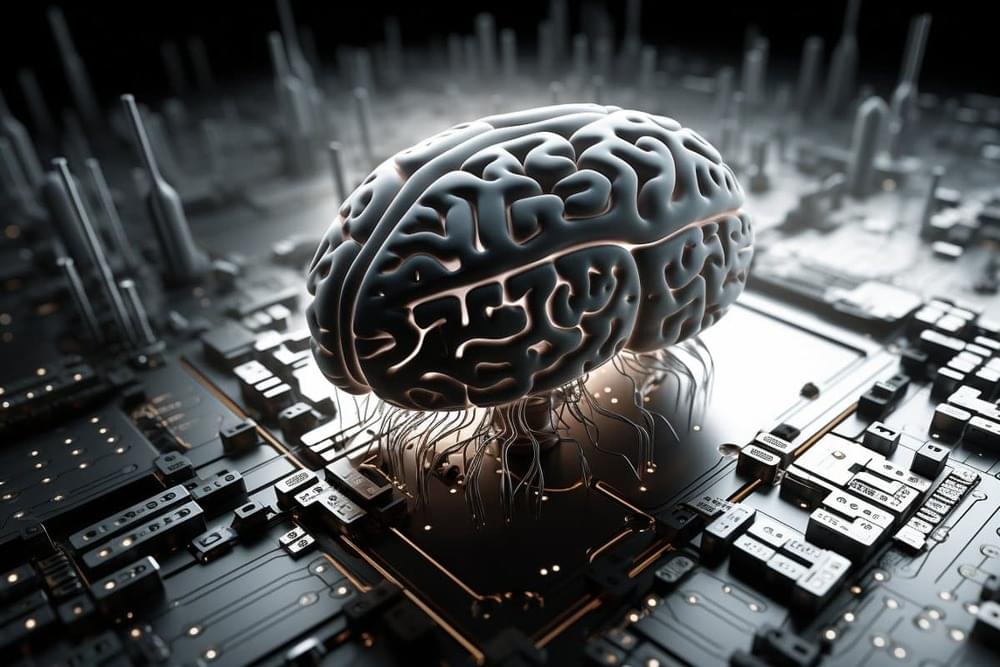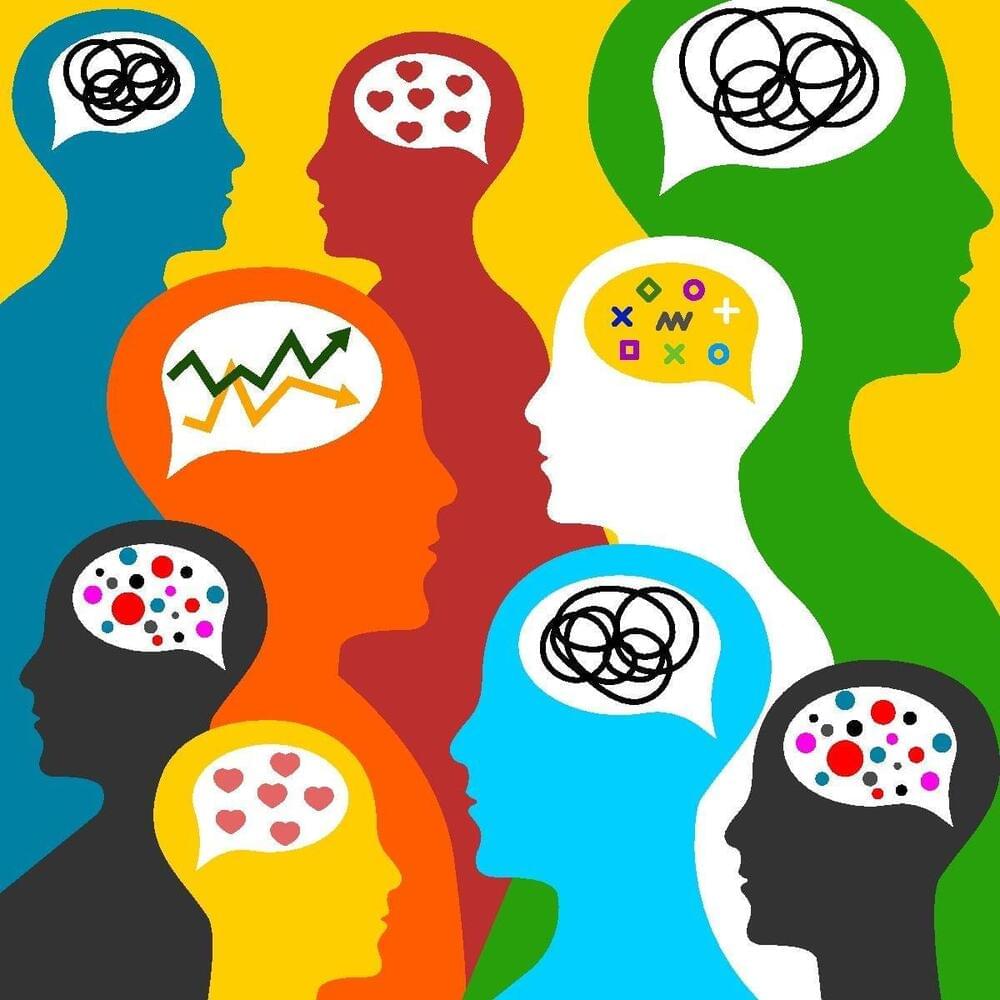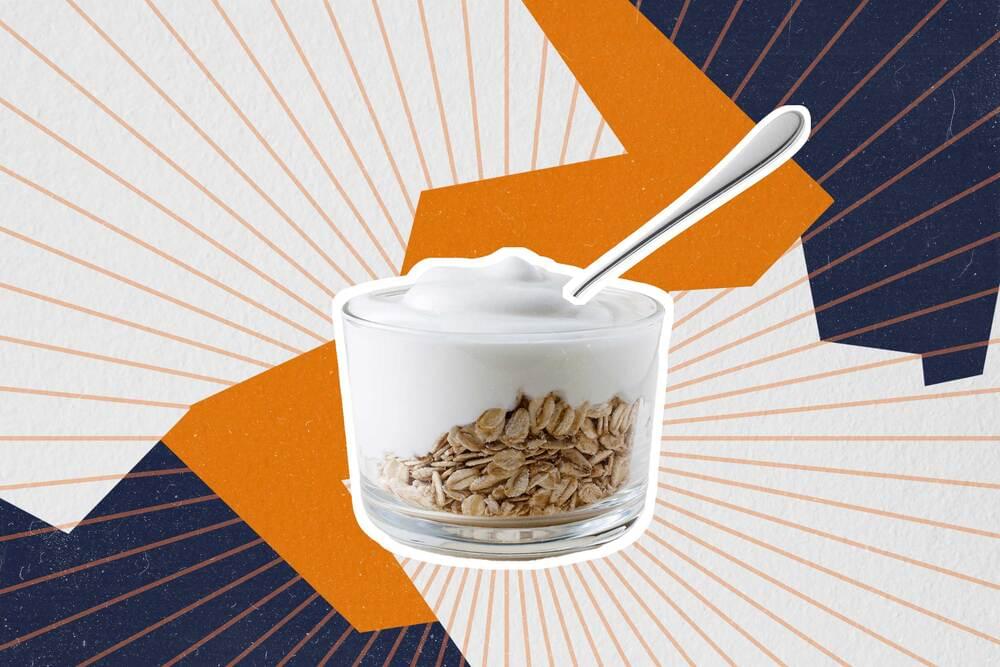Summary: A new study identified the right inferior frontal gyrus (rIFG) as a central regulator in the brain’s inhibitory control circuit.
Using dynamic causal modeling and fMRI on a sample of 250 participants, the study reveals that the rIFG significantly influences the caudate nucleus and thalamus during response inhibition tasks. This research also shows gender differences in brain function: women have distinct neural patterns in the thalamus, and overall, better inhibitory control correlates with stronger neural communication from the thalamus to the rIFG.
These findings provide valuable insights for developing neuromodulation therapies for mental and neurological disorders with inhibitory control deficits.


